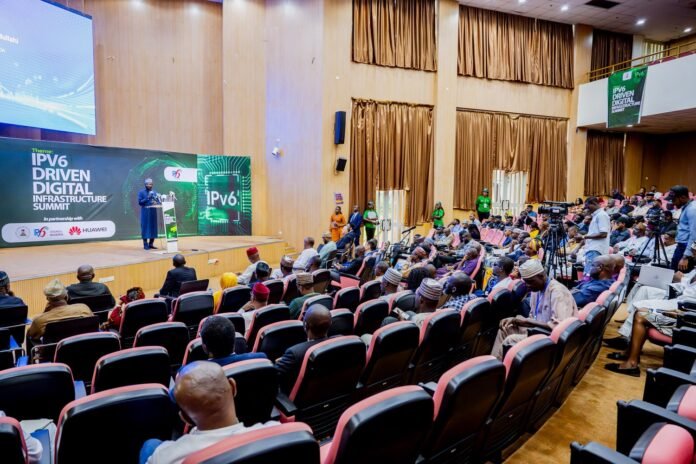In a significant move to enhance its cybersecurity posture and expand internet connectivity, Nigeria is transitioning to the Internet Protocol version 6 (IPv6). This transition is aimed at addressing the growing demand for IP addresses and improving the country’s digital infrastructure.
The IPv6 Transition
IPv6 is the next generation of the internet protocol that is designed to address the limitations of IPv4, the current version of the internet protocol. IPv4 has been running out of available IP addresses, which has hindered the growth and development of the internet. IPv6, on the other hand, offers a vast address space that can support billions of devices connected to the internet.
Nigeria’s transition to IPv6 is a crucial step in ensuring the country’s digital competitiveness and resilience. By adopting IPv6, Nigeria can unlock new opportunities for economic growth, improve access to online services, and enhance cybersecurity.
Benefits of IPv6
The transition to IPv6 offers several benefits, including:
- Expanded address space: IPv6 provides a much larger address space than IPv4, allowing for the connection of billions of devices to the internet.
- Improved network performance: IPv6 can improve network performance and efficiency, especially in mobile networks and large-scale deployments.
- Enhanced security: IPv6 incorporates security features that can help protect networks from attacks.
- Increased innovation: IPv6 can enable new applications and services that were not possible with IPv4.
Challenges and Considerations
While the transition to IPv6 offers significant benefits, it also presents challenges. Organizations and individuals may need to upgrade their network equipment and software to support IPv6. Additionally, there may be compatibility issues with older systems and applications.
Recommendations for a Smooth Transition
To ensure a successful transition to IPv6, organizations should consider the following recommendations:
- Assess your network infrastructure: Evaluate your current network infrastructure to identify any IPv6 compatibility issues.
- Develop a transition plan: Create a detailed plan outlining the steps required to migrate your network to IPv6.
- Educate your staff: Provide training to your employees on IPv6 and its implications for your organization.
- Test and validate: Thoroughly test your network after implementing IPv6 to ensure compatibility and functionality.
- Collaborate with other organizations: Work with other organizations in your industry to share best practices and address common challenges.
- Stay informed: Keep up-to-date with the latest information and guidance on the IPv6 transition.
Conclusion
Nigeria’s transition to IPv6 is a significant milestone in the country’s digital development. By embracing this new technology, Nigeria can improve its cybersecurity posture, expand its digital economy, and enhance its global competitiveness. By following the recommendations outlined above, organizations can ensure a smooth and successful transition to IPv6.
Want to stay on top of cybersecurity news? Follow us on Facebook – X (Twitter) – Instagram – LinkedIn – for the latest threats, insights, and updates!


